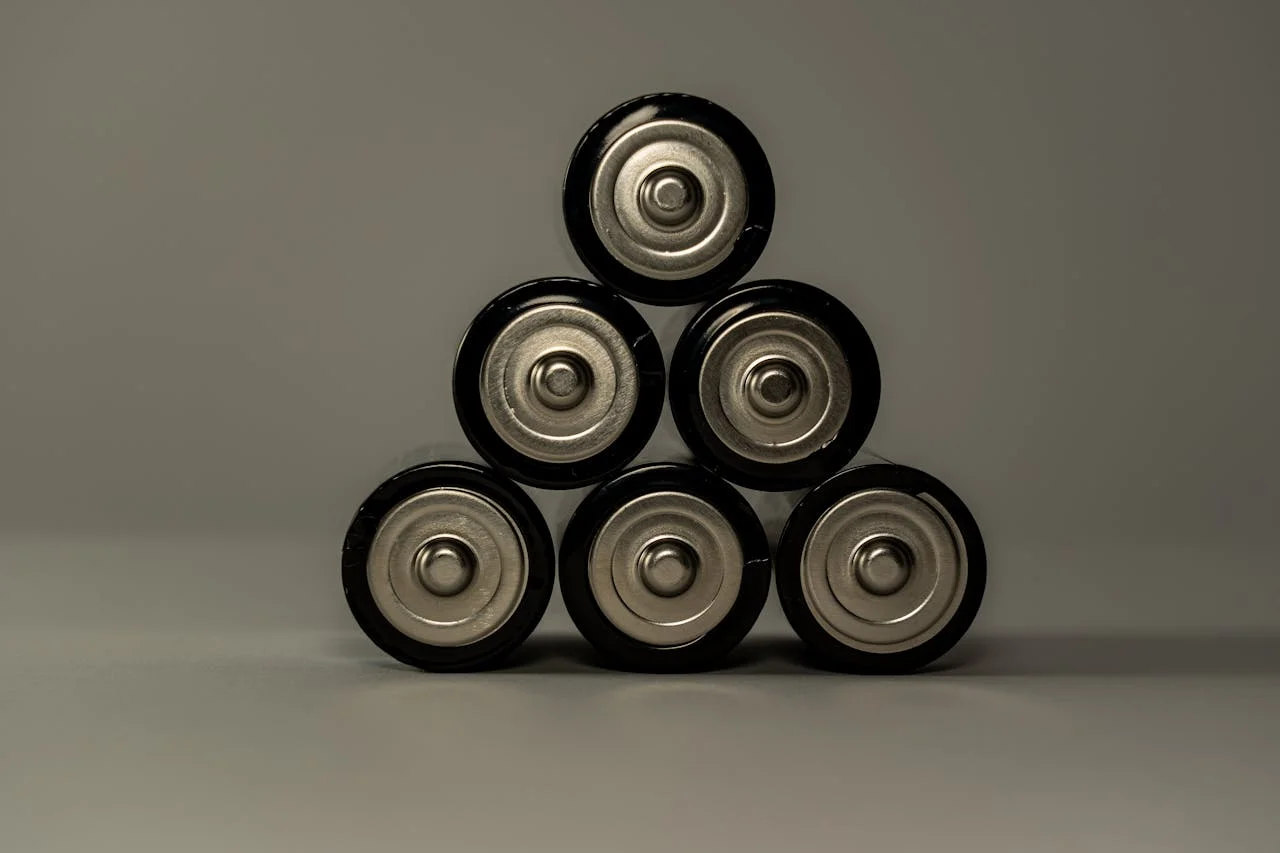
The U.S. Department of Energy (DOE) has awarded $50 million over the next five years to establish the Low-cost Earth-abundant Na-ion Storage (LENS) Consortium, led by Argonne National Laboratory. The consortium brings together top institutions, including Brookhaven National Laboratory, Lawrence Berkeley National Laboratory, Pacific Northwest National Laboratory, Sandia National Laboratories, and SLAC National Accelerator Laboratory, with the goal of advancing sodium-ion battery technology.
The LENS Consortium aims to develop high-energy, long-lasting sodium-ion batteries that utilize safe, abundant, and low-cost materials. This initiative is crucial for reducing the U.S.’s reliance on the limited and strategically important elements found in lithium-ion batteries, opening the door to a more sustainable future for electric vehicle technology.
Currently, lithium-ion batteries dominate the global energy storage market, powering everything from smartphones to electric vehicles and storing energy from renewable sources like solar and wind. However, relying on a single battery chemistry introduces vulnerabilities, as lithium-ion batteries depend on critical materials like lithium, cobalt, and nickel. Sodium, a more abundant element, could reduce these risks, increase supply chain resilience, and offer more cost-effective options.
The U.S. is uniquely positioned to supply both raw materials and innovation for sodium-ion technology, as it produces a significant portion of the world’s sodium chloride (table salt) and sodium. Sodium-ion batteries have the potential to replace lithium, cobalt, and nickel in certain applications, providing a more affordable and sustainable alternative.
However, sodium-ion batteries currently have a lower energy density compared to lithium-ion batteries, which limits their driving range and presents a challenge to competing in the electric vehicle market.
To address these challenges, Argonne has assembled a team of experts from national laboratories and universities to focus on advancing sodium-ion technology. Their efforts will include developing high-energy electrode materials, improving electrolytes, and optimizing battery cell design and integration.
The consortium also includes an advisory board with representatives from both established and emerging companies, offering valuable industry insights. The goal is to foster a robust U.S. ecosystem for sodium-ion batteries.
LENS is part of a broader DOE effort exploring sodium-ion batteries for applications in electric vehicles and grid storage. In addition to the national laboratories, the consortium involves eight university partners: Florida State University, University of California San Diego, University of Houston, University of Illinois Chicago, University of Maryland, University of Rhode Island, University of Wisconsin-Madison, and Virginia Tech. Through this collaboration, LENS will play a key role in training the next generation of battery scientists and researchers.







